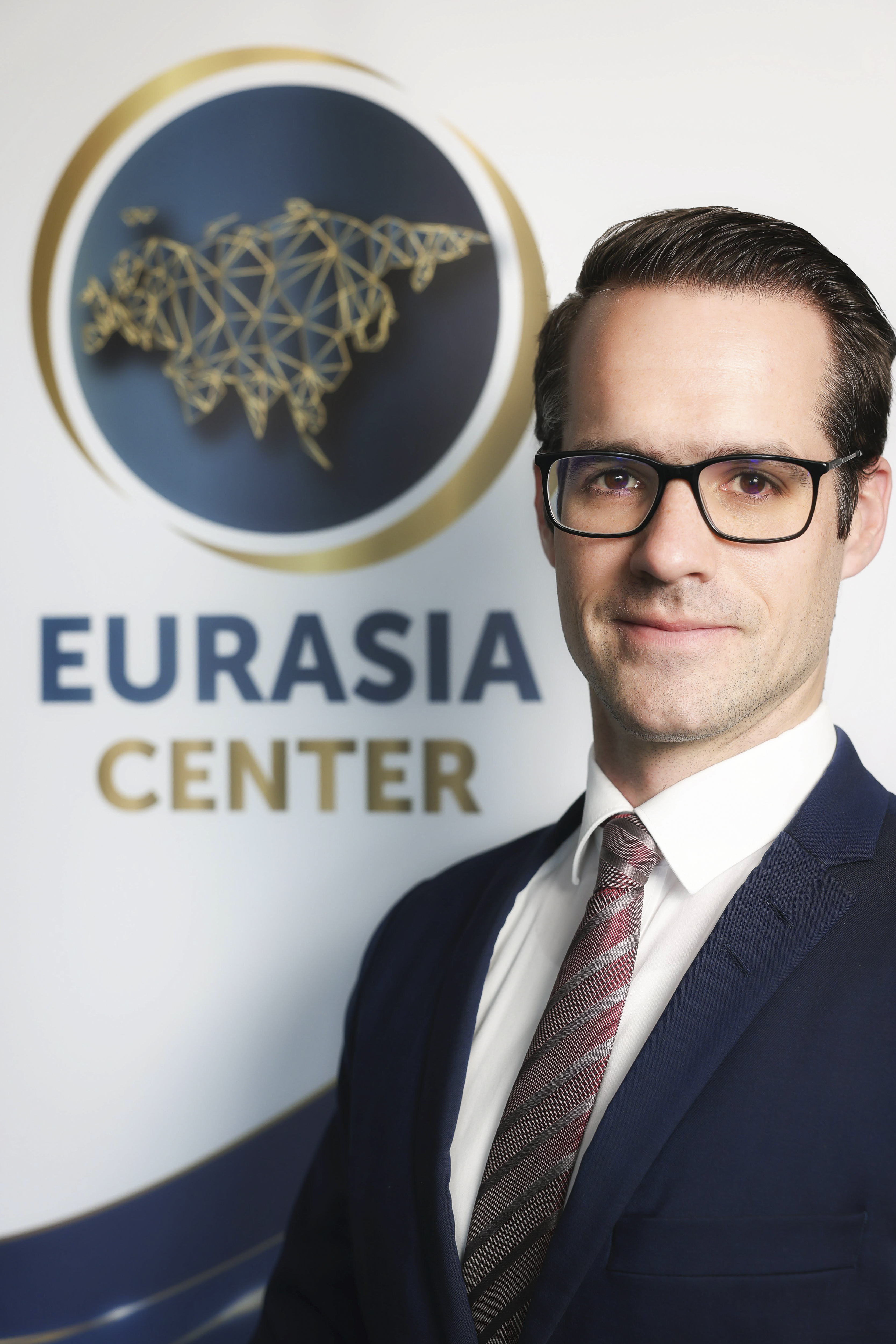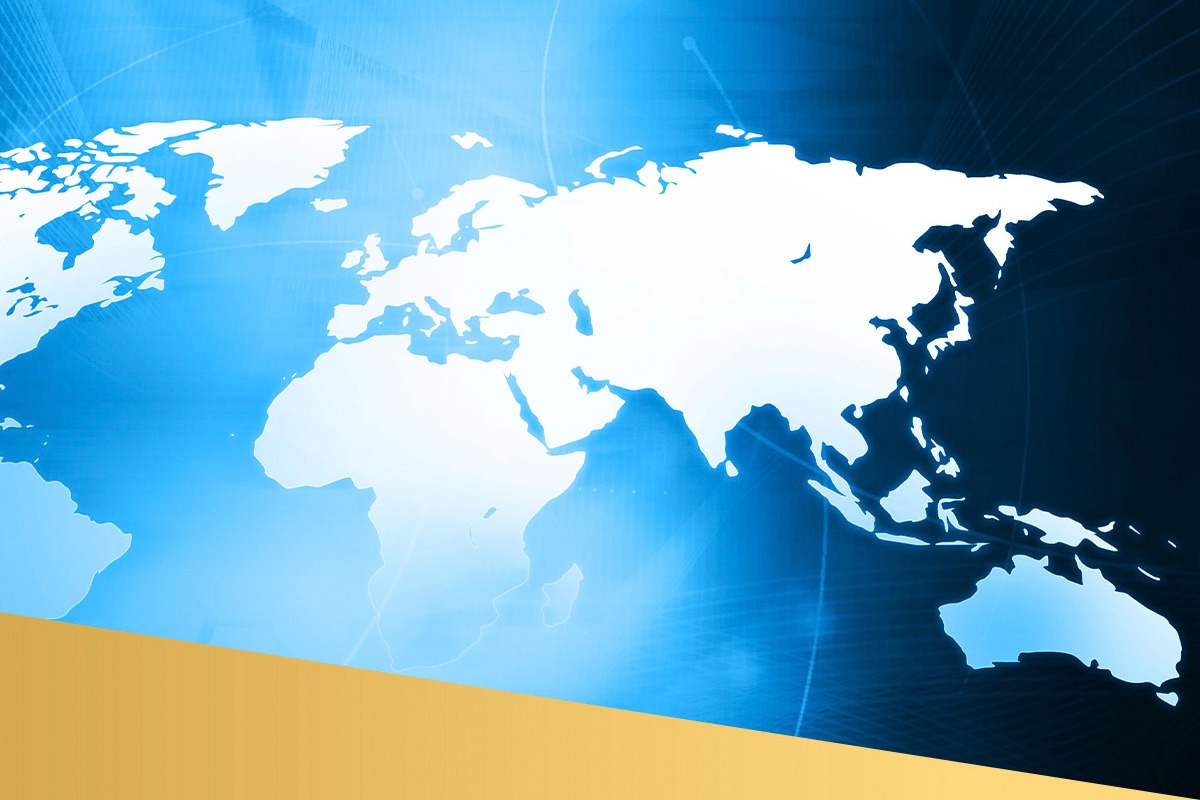Perhaps the French head of state has different motivations: to strengthen his role in the EU - now that German dominance has been weakened by Merkel's departure - or revenge for the failure of the Austro-French submarine deal and the loss of face caused by the creation of the Anglo-Saxon AUKUS.
What is certain, however, is that in recent years Chinese leaders have always stressed in their discussions with European and EU leaders that the EU and European countries should act in their own (and not others') interests. Has Macron now heard this? Could Macron's words foreshadow the fragmentation of the alliance and the evolution of a unipolar world order into a multipolar one? We will get an answer in the coming years.
In any case, the West continues to want to “pacify” the Russian-Ukrainian war with arms, while the East is pushing for peaceful negotiations. Chinese President Xi Jinping has been negotiating not only with Russia but also with the Ukrainian President to bring the war to a peaceful end. Zelensky thanked the Chinese leader in particular for China's support to Ukraine with aid shipments, not weapons. It is also worth highlighting China's conciliatory role in other regions, as China has mediated the resumption of diplomatic relations with Iran and Saudi Arabia.
It is clear that China is emerging as a responsible, conciliatory power on the international stage, while the West's actions are leading the world in a different direction. The question is which side offers the best vision for the hitherto uncommitted nations. If the Western alliance system is already forcing members into a choice of spheres, who will choose which? But perhaps the most important question is whether countries act in their own interests or those of others.

